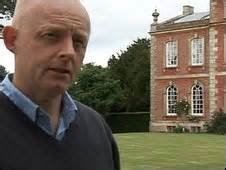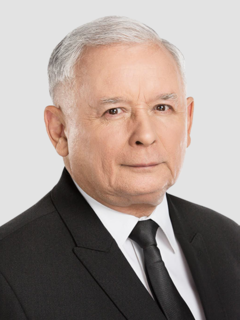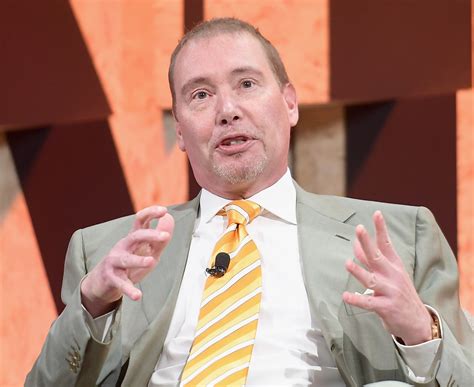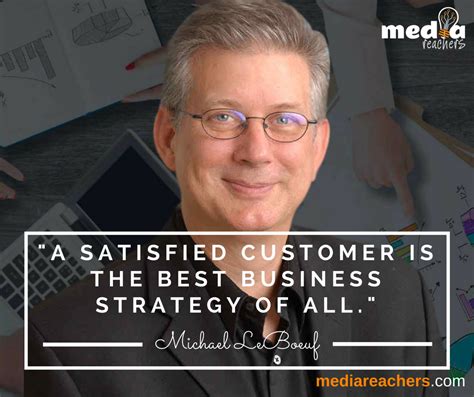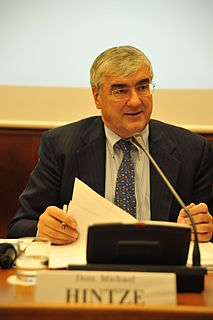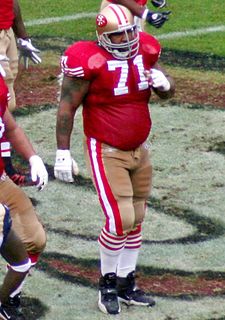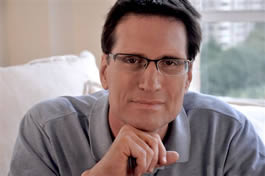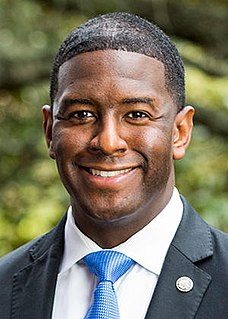Top 855 Asset Allocation Quotes & Sayings
Explore popular Asset Allocation quotes.
Last updated on December 2, 2024.
There is no doubt that the Fed's large-scale asset purchases have caused major increases in a number of asset prices in the economy. This is especially true of mortgage backed securities and corporate bonds, and quite possibly of equities as well. For those people and institutions holding those things, the run up in prices has been a wealth bonanza.
What we define as a bubble is any kind of debt-fueled asset inflation where the cash flow generated by the asset itself - a rental property, office building, condo - does not cover the debt incurred to buy the asset. So you depend on a greater fool, if you will, to come in and buy at a higher price.
In the 40 years I've been working as an economist and investor, I have never seen such a disconnect between the asset market and the economic reality... Asset markets are in the sky, and the economy of the ordinary people is in the dumps, where their real incomes adjusted for inflation are going down and asset markets are going up.
My net worth is the market value of holdings less the tax payable upon sale. The liability is just as real as the asset unless the value of the asset declines (ouch), the asset is given away (no comment), or I die with it. The latter course of action would appear to at least border on a Pyrrhic victory.
The court has had to take a hard look at our resources and make difficult decisions balancing competing demands for resources. While our current allocation of resources to the Twin Peaks Court may not be ideal, it is an appropriate allocation when all factors are considered. While I realize this will be disappointing news to you, I can assure you the matter was given serious thought before a decision was made.
The problem is that you're creating a system of bubble finance where interest rates are so low that people can speculate. An asset value goes up. You put it up as collateral. You borrow against it. You buy more of the asset. You then take the rising asset. You borrow against it again. This is the nature of what's going on in the world. This isn't an excess of real savings. This is an excess of artificial credit that's being fueled by all the central banks.
If the investor doesn't have enough time and skill to investigate individual stocks or enough money to diversify a portfolio, the right thing to do is to invest in exchange-traded funds that give you exposure to asset classes. It does make sense for the individual investor to think in terms of holding individual asset classes.
I think there are probably too many asset management companies in the world, and I think the place to be is either big or small. The area where it is probably more difficult to be is in the middle ground, where you've got that cost of regulation, you've got the cost of buying your own research, you've got all the costs of running an asset management company without the benefits of a big income producing asset.
Any onset of increased investor caution elevates risk premiums and, as a consequence, lowers asset values and promotes the liquidation of the debt that supported higher asset prices, ... This is the reason that history has not dealt kindly with the aftermath of protracted periods of low risk premiums.
We live in a very risky world and investors should not get "carried away" with excessive allocations to equities, or for that matter, real estate. As always asset allocation and low cost and broad diversification will be essential in earning one's fair share of whatever returns our financial markets are generous enough to bestow upon us.
Over the long term, despite significant drops from time to time, stocks (especially an intelligently selected stock portfolio) will be one of your best investment options. The trick is to GET to the long term. Think in terms of 5 years, 10 years and longer. Do your planning and asset allocation ahead of time. Choose a portion of your assets to invest in the stock market - and stick with it! Yes, the bad times will come, but over the truly long term, the good times will win out - and I hope the lessons from 2008 will help get you there to enjoy them.
Throughout the universe of public and private funds, managers are measured quarterly against one index or another, defined by statistics, and corralled into this category or that category so that fund of funds, pensions, and other institutions can make comforting - if not necessarily prudent - asset allocation decisions.
